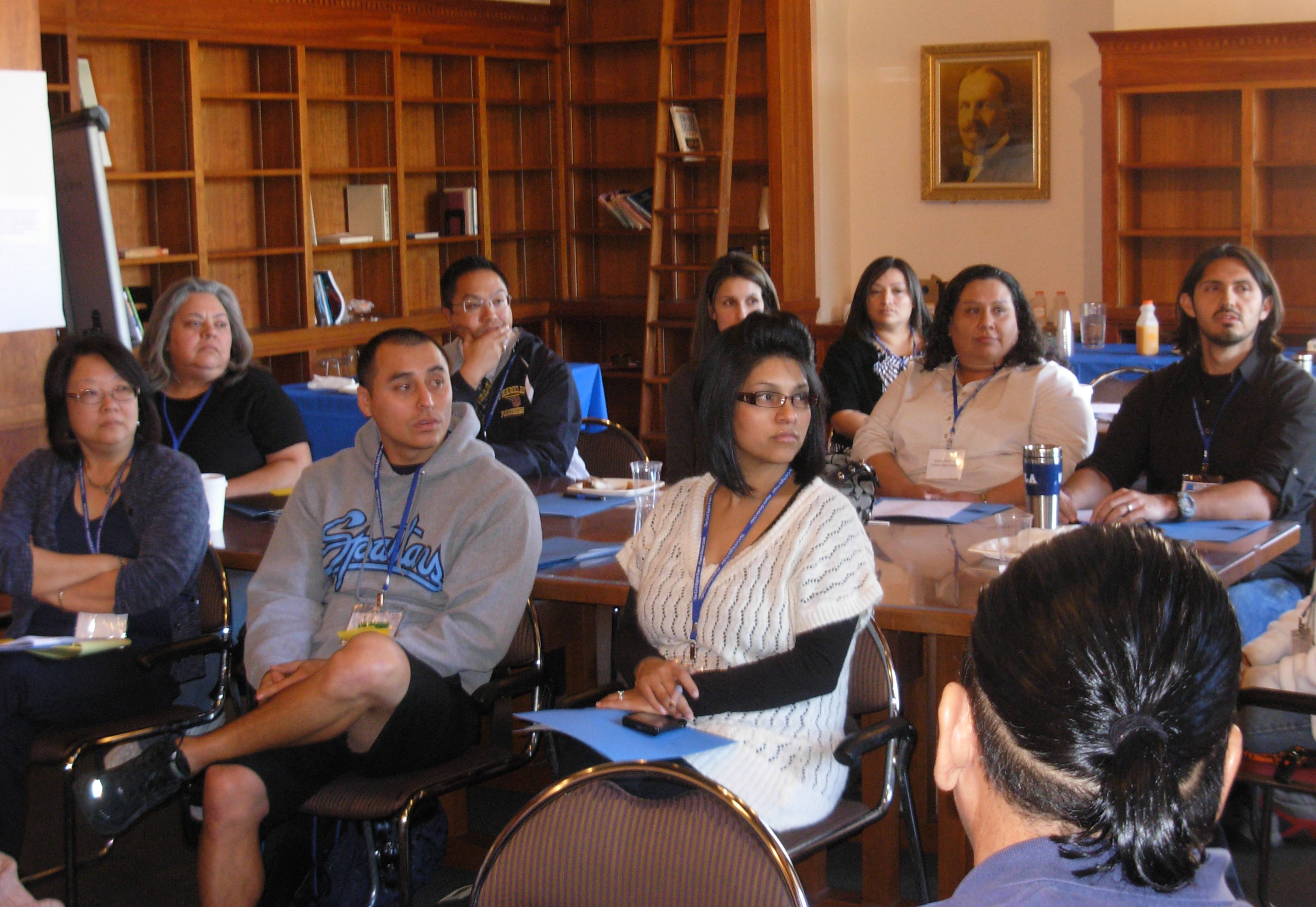Researchers at UCLA are working with universities in Mexico to develop the bilingual version of a national K-12 curriculum that will be implemented across 45 states in the coming years.
The program, called Project Sol 2.0, is part of an effort by the Civil Rights Project at UCLA to help Spanish-speaking students enroll in college, focusing primarily on the math and sciences, said Patricia Gandara, co-director of the Civil Rights Project and education professor at the UCLA Graduate School of Education and Information Studies.
Project Sol 2.0 also aims to create a bilingual curriculum from the Common Core State Standard Initiative, said Gary Orfield, co-director of the Civil Rights Project. The Common Core State Standard Initiative is a state-led effort to provide a common education curriculum to be used on the national level.
The Civil Rights Project is working to align the national curriculum with the Mexican curriculum by collaborating with the University of Guadalajara in Mexico, Gandara said.
There are a large number of students moving between the United States and Latin America, which is one of the motivations behind the project, said Orfield, who is also an education professor at the UCLA Graduate School of Education and Information Studies.
The curriculum is designed for Spanish-dominant speaking students who struggle with learning math and science taught in class in English, Gandara said.
“There (is) a vulnerable group of Latino kids in this state who begin secondary school without speaking English very well,” Gandara said. “As a result, they would be enrolled in classes they could not use to graduate from high school.”
Project Sol 2.0 draws from an older program known as Project Sol ““ a four-year program in Southern California that used a Mexican curriculum provided by the Colegio de Bachilleres, a college in Mexico ““ to help native Spanish speakers learn math and science in secondary school. Project Sol extended into four high schools in Southern California and received $1.2 million in grants from the Carnegie Foundation, the Gates Foundation and the Irvine Foundation, Gandara said.
The Civil Rights Project ended the first Project Sol implementation in June of this year, and is now focusing its resources on developing Project Sol 2.0. High school teachers like Octavio Alvarez, of Brawley Union High School, said he thinks standardized bilingual curriculums are helpful for students.
“(Project Sol) provided supplemental material for the Spanish-dominant speaking students in my classes,” said Alvarez. “The students were more active in their learning, such as asking questions and doing test preps at home.” He added that the bilingual curriculum was a beneficial experience for both the students and himself as the teacher and that the interaction between students and teachers becomes more active when everyone understands the material.
Orfield said that in addition to helping students in the classroom, Project Sol 2.0 aims to provide a bilingual curriculum to connect the two regions in terms of education.
“We are making a real education communication between the two regions,” Orfield said. “The border does not separate us as much as people imagine.”
